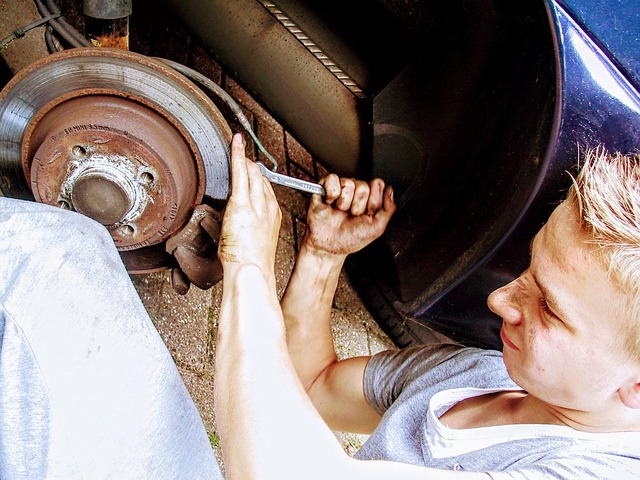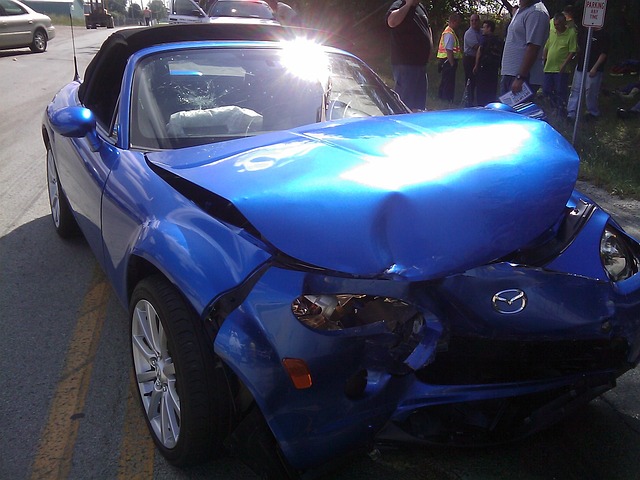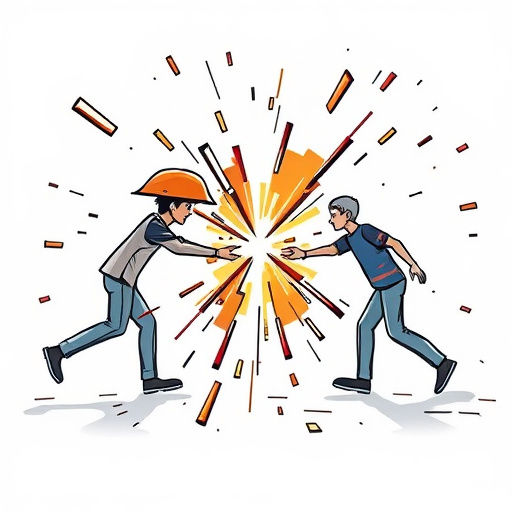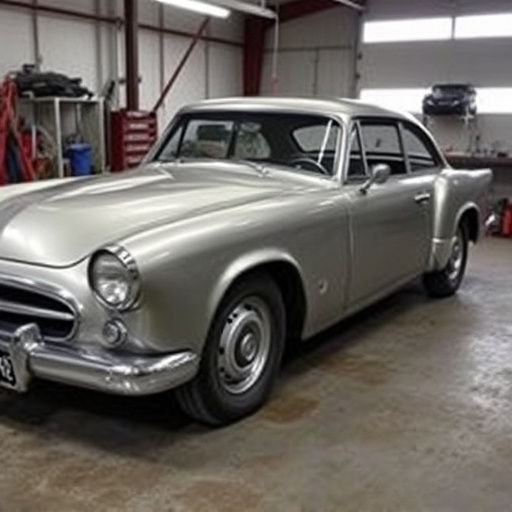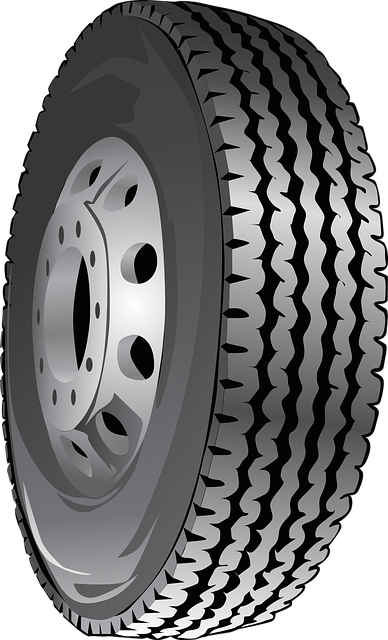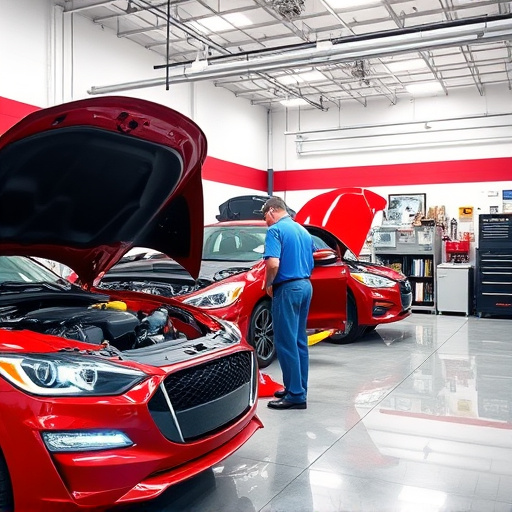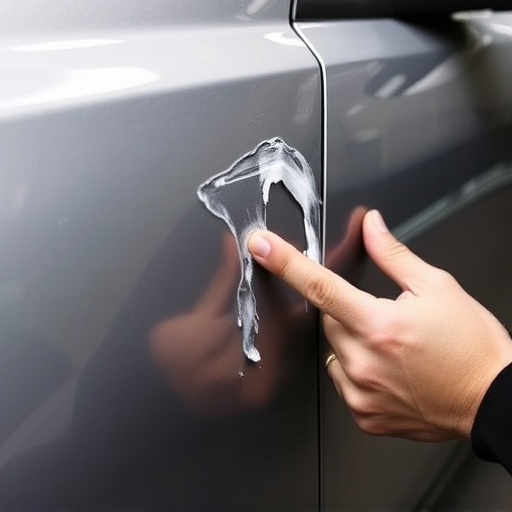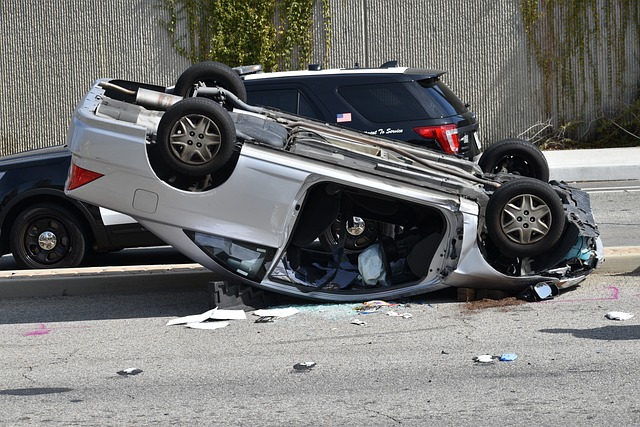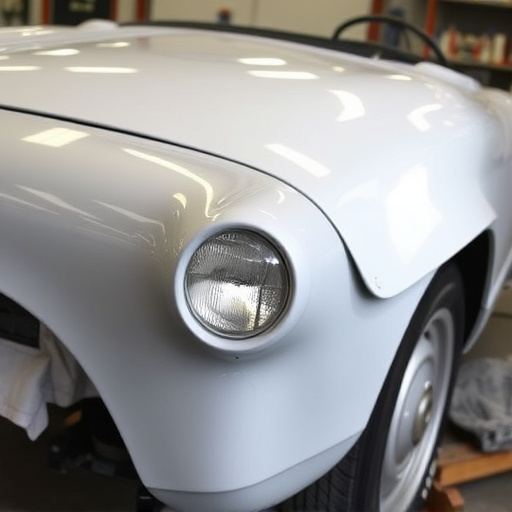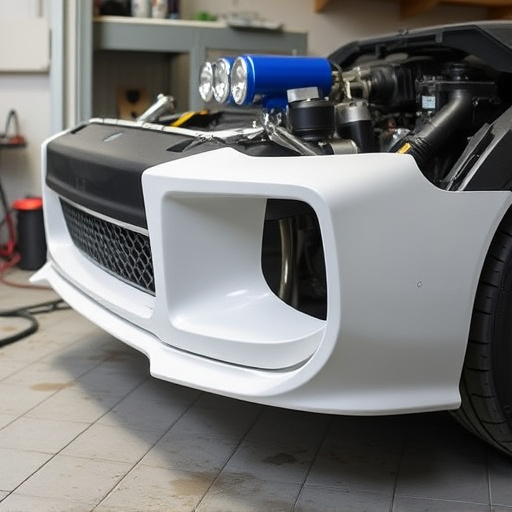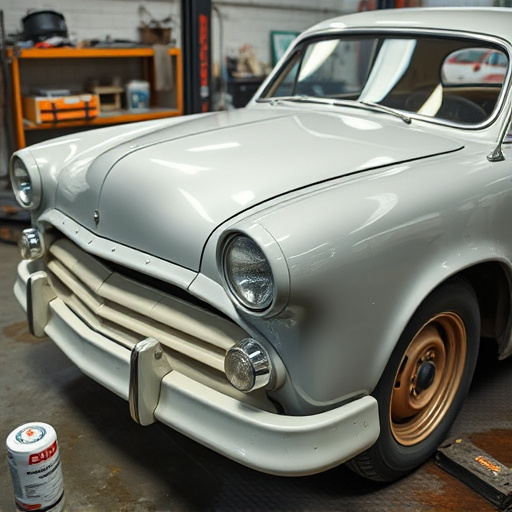Collision repair benchmarking is a strategic process that ensures quality and efficiency in automotive bodywork restoration, especially for luxury vehicles like Mercedes-Benz. By setting standardized metrics against industry best practices, shops maintain precision and craftsmanship. This approach safeguards aesthetics, enhances customer satisfaction, and drives shop accreditation standards, fostering continuous improvement and excellence within the collision repair industry.
Collision repair benchmarking is a game-changer in ensuring quality and consistency within the automotive industry. This process involves evaluating and comparing repair shops against established standards, facilitating shop accreditation. By understanding collision repair benchmarking, you gain insights into its significant impact on raising accreditation standards. The article explores these dynamics, offering strategies for successful implementation to enhance overall industry performance and customer satisfaction.
- Understanding Collision Repair Benchmarking
- Impact on Shop Accreditation Standards
- Strategies for Effective Implementation
Understanding Collision Repair Benchmarking
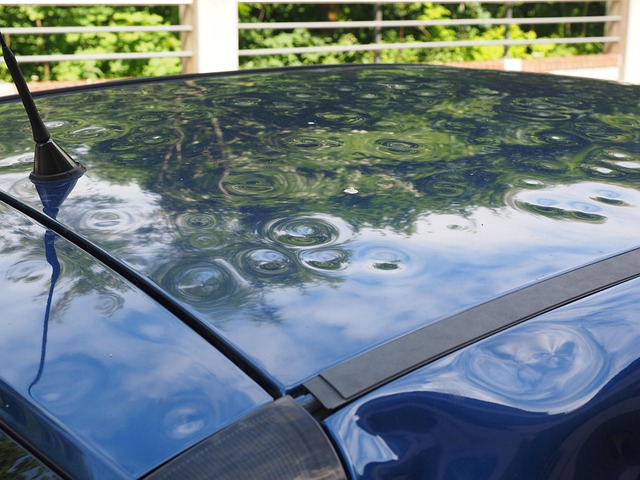
Collision repair benchmarking is a critical process that evaluates and measures the quality and efficiency of automotive bodywork restoration services. It involves setting standardized performance metrics and comparing them against industry best practices. This meticulous approach ensures that collision repair shops meet or exceed the required standards, fostering trust among customers and insurance providers.
In the context of mercedes benz collision repair or any luxury automobile, benchmarking plays a pivotal role in maintaining precision and craftsmanship. From ensuring precise dent repair to intricate autobody repairs, these benchmarks safeguard the vehicle’s original aesthetics and structural integrity. By adopting such practices, shops can offer guaranteed results, thereby enhancing customer satisfaction and their shop’s reputation.
Impact on Shop Accreditation Standards
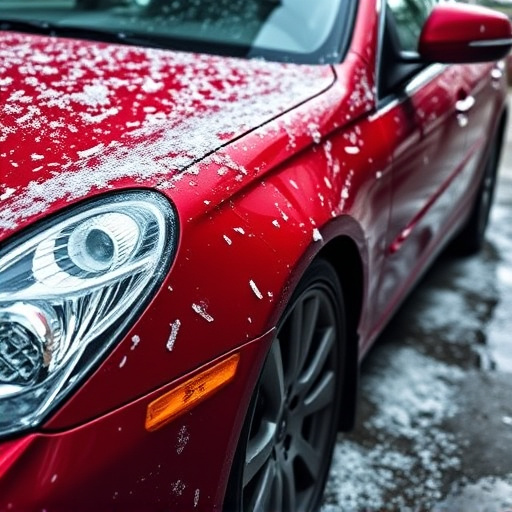
Collision repair benchmarking significantly influences the standards set for shop accreditation processes. By comparing a collision repair center’s performance against established benchmarks and industry best practices, accreditation bodies can ensure that automotive body shops maintain high-quality standards in their operations. This includes everything from precision in car paint repair to adherence to safety protocols and environmental regulations.
Such benchmarking helps in identifying areas of excellence as well as gaps in service quality. It drives continuous improvement by setting measurable goals for the collision repair center, ultimately enhancing customer satisfaction. In terms of impact, accreditation standards become more robust, ensuring that only shops meeting the highest levels of proficiency are awarded certification, thereby fostering a culture of excellence within the collision repair industry.
Strategies for Effective Implementation
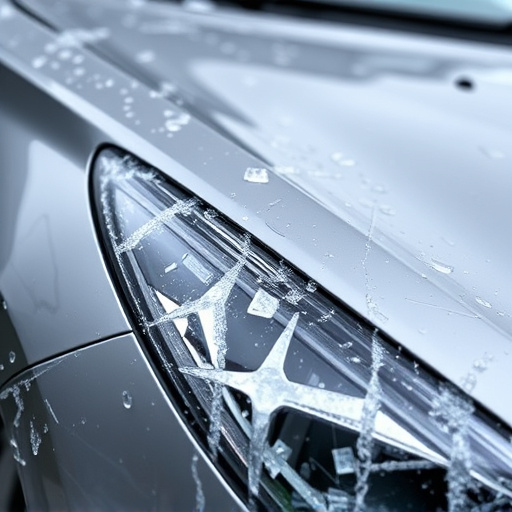
The effective implementation of collision repair benchmarking is a strategic process that requires careful planning and execution. It involves setting clear goals and objectives to ensure every aspect of the accreditation process aligns with industry standards. One key strategy is establishing a comprehensive benchmark dataset, which includes measurements from top-performing auto body repairs shops. This provides a realistic target for all participating workshops, whether they specialize in luxury vehicle repair or cater to more general auto repair near me needs.
By comparing their work against this benchmark, shop owners can identify areas of improvement and develop tailored strategies to enhance their services. Regular training sessions and knowledge-sharing platforms can facilitate this process, ensuring that staff are equipped with the latest techniques and industry practices. This continuous learning approach not only improves overall workshop performance but also contributes to maintaining high-quality standards in collision repair.
Collision repair benchmarking plays a pivotal role in shaping shop accreditation processes. By setting clear performance standards and best practices, it ensures that collision repair facilities maintain high-quality work and customer satisfaction. Understanding these benchmarks is crucial for shops to effectively implement strategies that enhance their operations, ultimately fostering trust and confidence among clients and industry peers alike.
